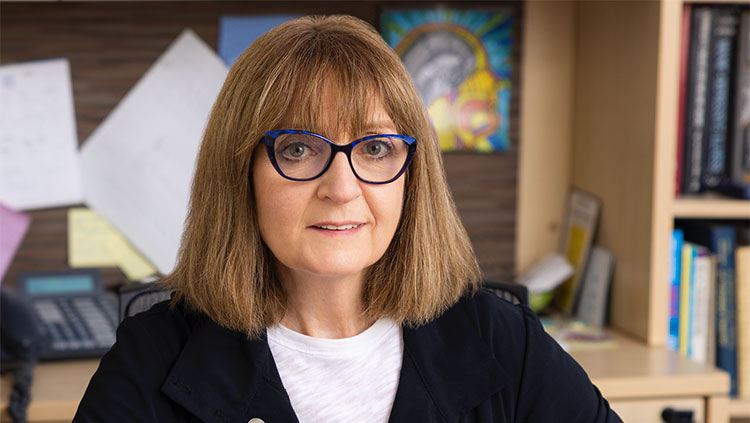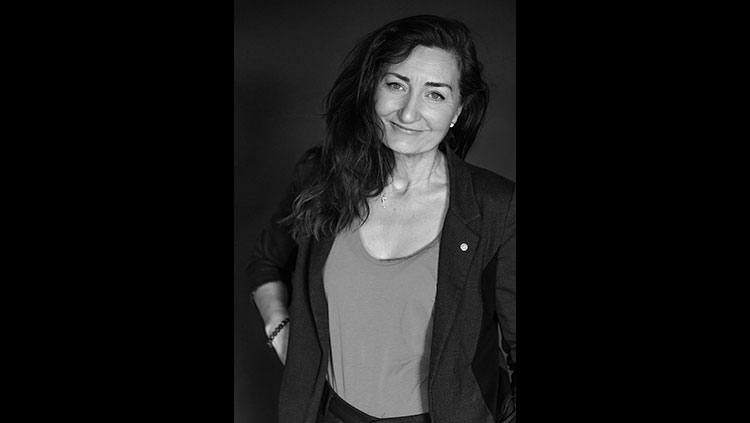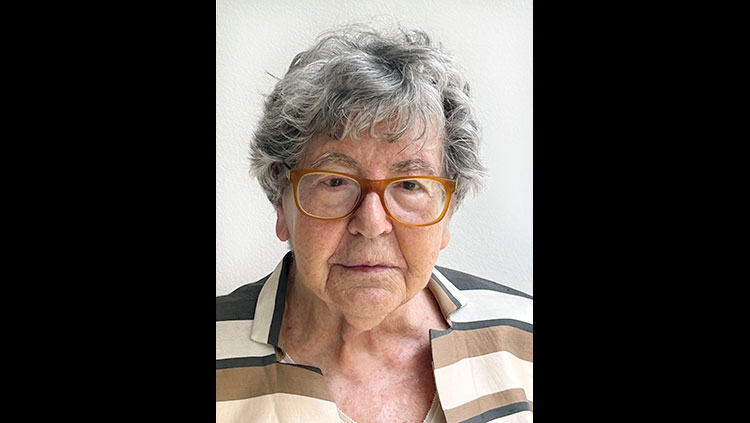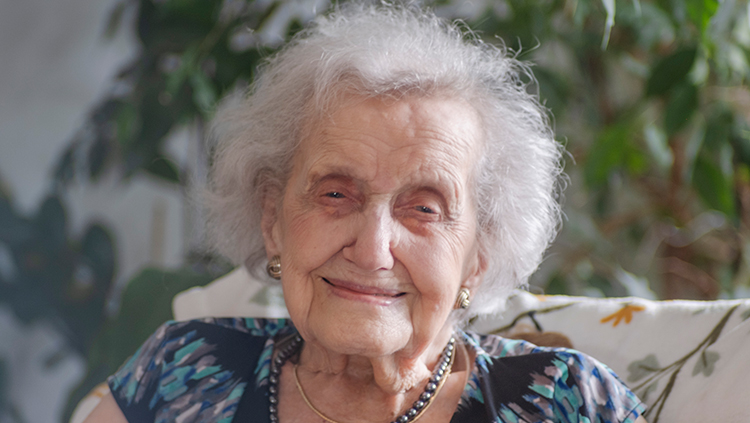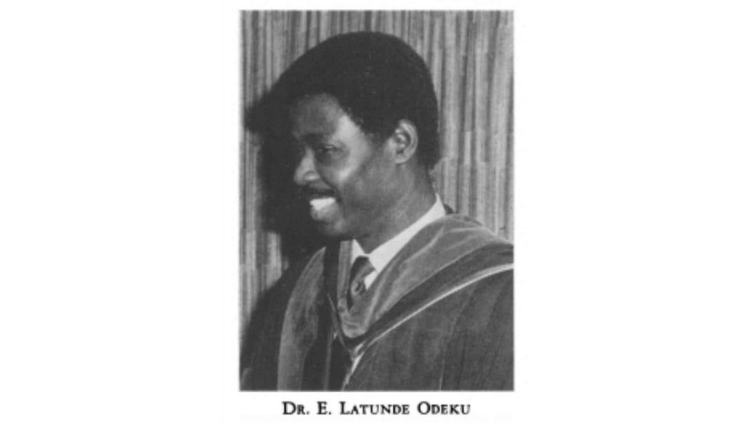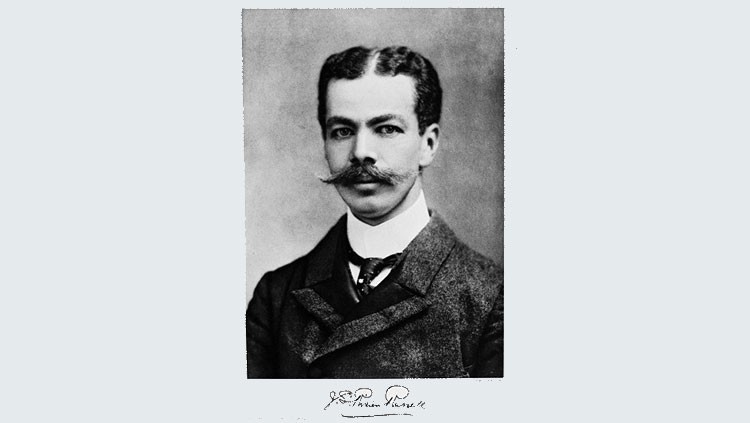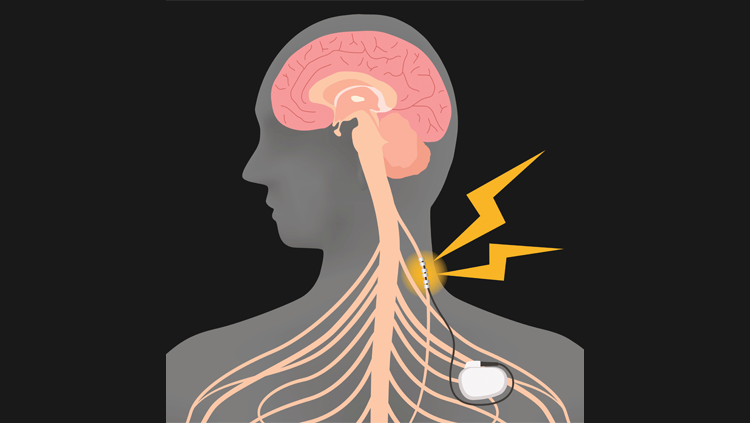Charles Yokoyama: Building Connections
- Published27 Mar 2019
- Source BrainFacts/SfN
Neuroscientist Charles Yokoyama works on connections. For several decades he studied connections between neurons and synapses in the brain. Now as Executive Director of the Research Center for Neurointelligence at the University of Tokyo, he works on building connections between people and institutes. He sees neuroscience as a bridge between the physical, natural, and human sciences, bringing together different fields of study.
CONTENT PROVIDED BY
BrainFacts/SfN
Transcript
Charles Yokoyama: Hello, I’m Charles Yokoyama. I’m the Executive Director of the Research Center for Neurointelligence at the University of Tokyo.
Screen Text: What do you do as a neuroscientist?
CY: I studied connections between neurons and synapse in the brain, synaptic transmission and I spent several decades doing that. Now, in my current position in administration, I work on connections between people and between institutes. I am very interested, especially in the process of bridging fields, different fields of science. So, neuroscience with say computer science or social science and helping to overcome, you know, the barriers between those fields with different languages and different cultures and ways of doing empirical studies.
Screen Text: Why are interdisciplinary connections important to neuroscience?
CY: I think neuroscience is one of those rare sciences, maybe the only science that has the ability to bridge the physical natural sciences with the human sciences and so it serves as very crucial key role. Brains helps to build societies and civilizations and I believe that many of the problems that we face in society today can and should be solved by our brains. Our brain power so to speak and so naturally, understanding our brain will help us to reach those solutions faster, I believe.
Screen Text: How do you see the role of international brain projects in advancing our understanding of the brain?
CY: Some of the questions that I think could be tackled are those that span across different disciplines or different fields or require many different types of expertise and so just to take a very concrete example, the International Brain Laboratory was founded with 21 facility or labs from around the world to tackle decision-making which is a very important question but one that can only be answered with very, sort of, a common way of collecting data and of analyzing it and so I think that also serves as a model for the kind of science that we can foresee in the future when large data sets and ways of making common studies across different fields will help us to make a connection between the labs that are studying that particular area and the answers that we need.
Screen Text: What’s your first memory that sparked your interest in science?
CY: My first memory of science or memories were happening during the age of exploration, space exploration in the late ‘60s and early ‘70s. The Apollo missions and at that time, thoughts about, you know, space stations and going to the moon and so on. I think that really sparked my imagination. I remember reading many books in that period, the same time reading National Geographic and Omni and Scientific American and other sort of print publications for the public. Of course, it helped that my father was a scientist too, a microbiologist but at the same time I had this real sense of positive, sort of, impression of science that was common in that area. That you know, we can explore the universe. We can conquer any question and of course, it’s not simple but I think the seeds of that ambition replanted then.
Screen Text: What keeps you interested in neuroscience today?
CY: I think it migrated a bit from the astronomical sciences into the inter cosmos. The brain and neuroscience partly because I felt like there was just so many questions to answer there that not only touch on, you know, nature itself but our own nature and that was really compelling to me. The fact that there is so much that we don't know about who we are and how we think, memory was a big topic for me when I was younger. How do we recall memories? Maintain memories and so on and so I think those types of questions just spurred me to become interested in the, you know, how does the small gray tissue manage all of these things.


